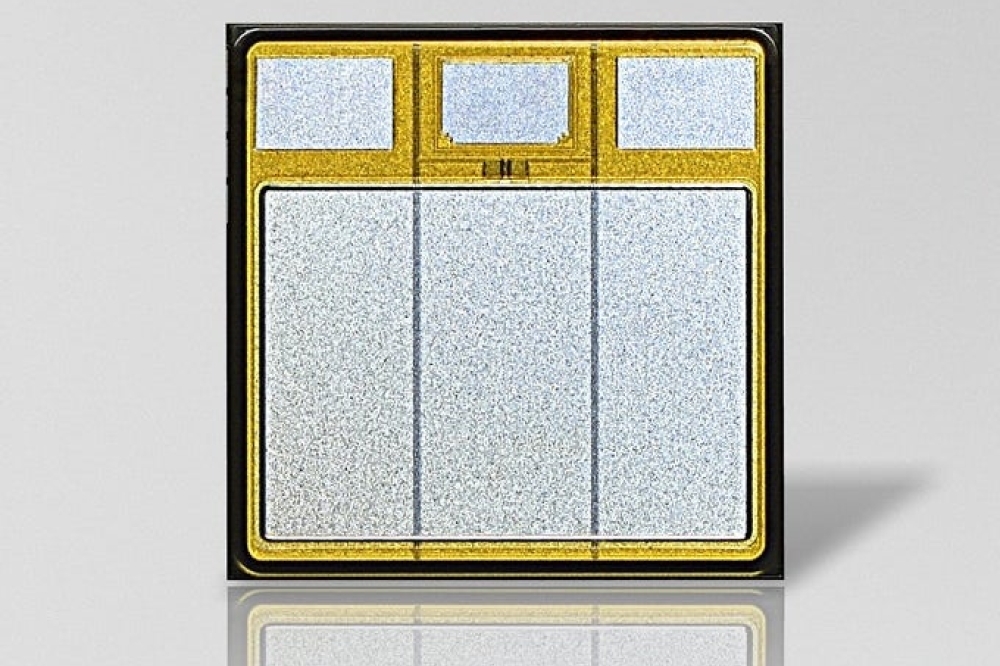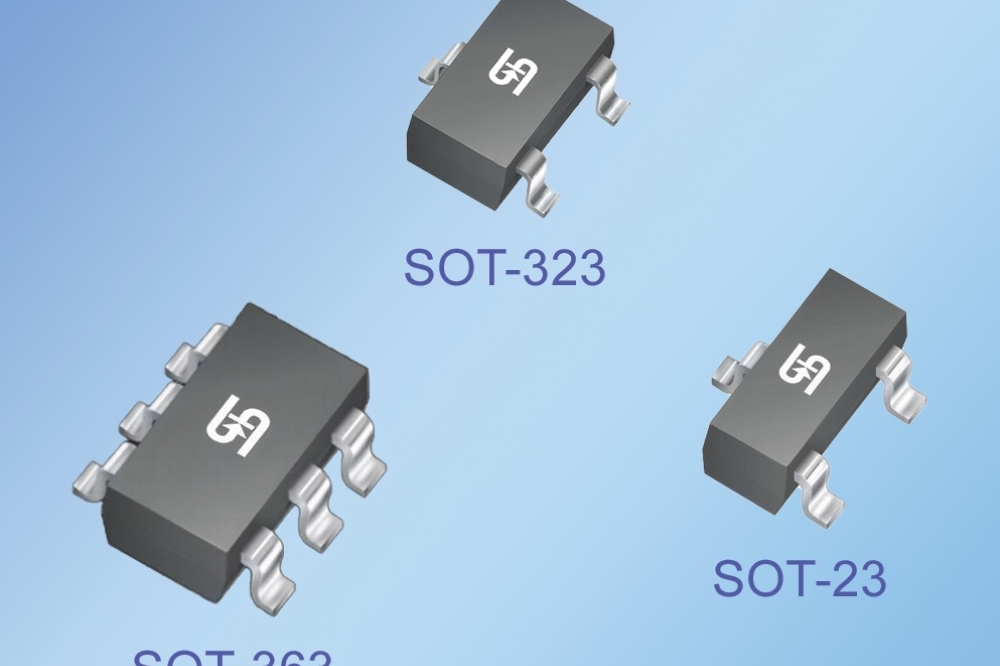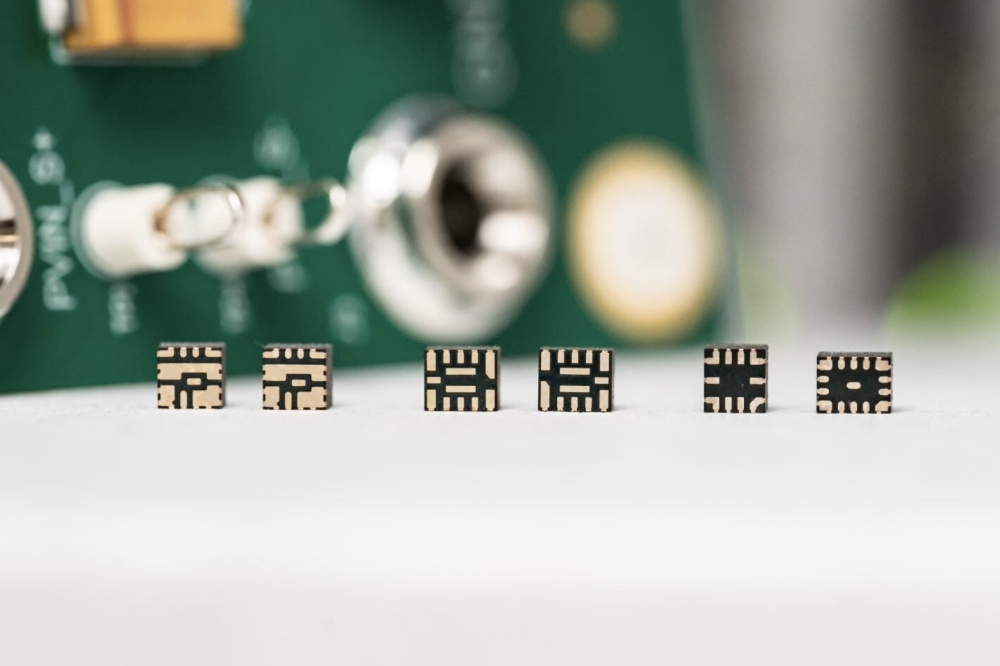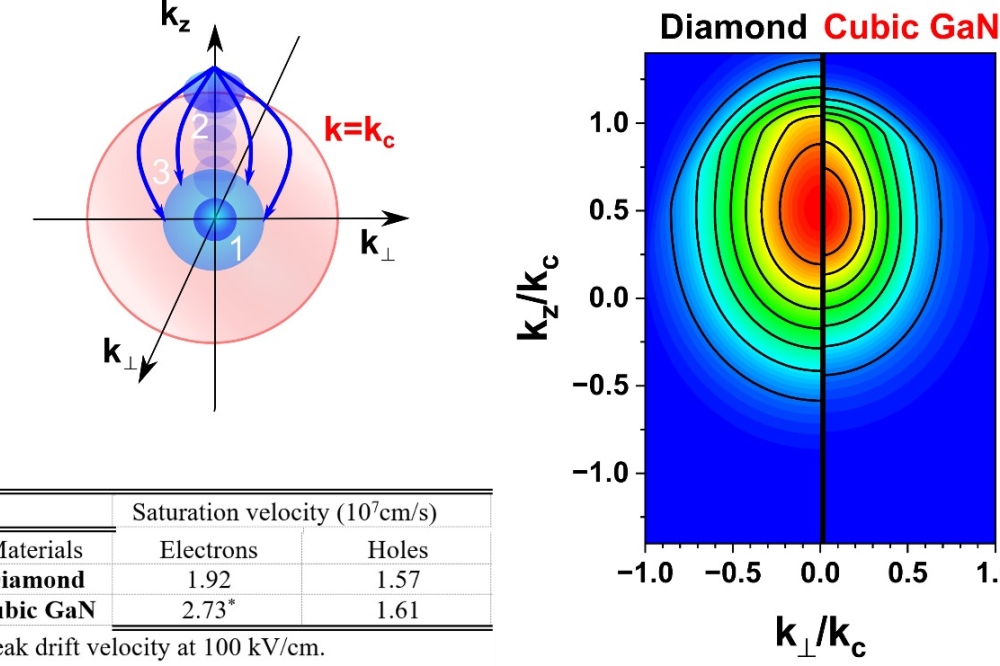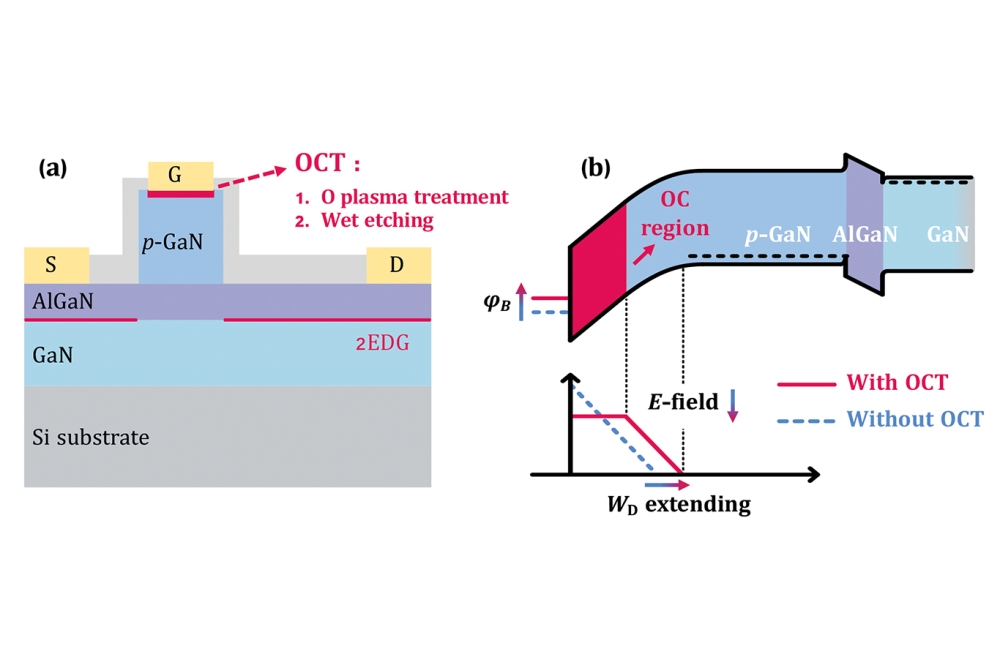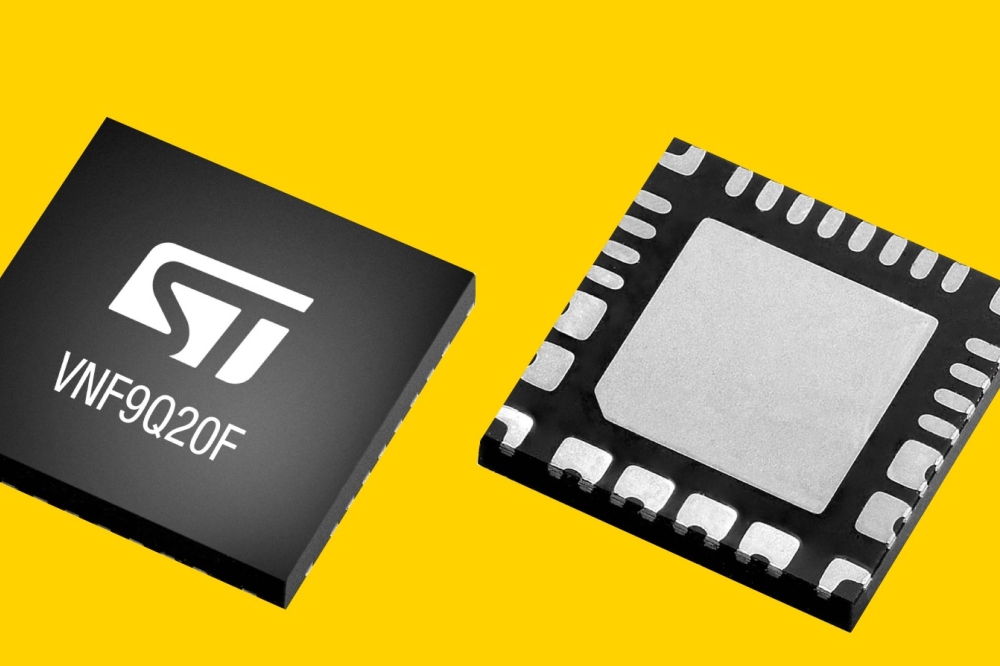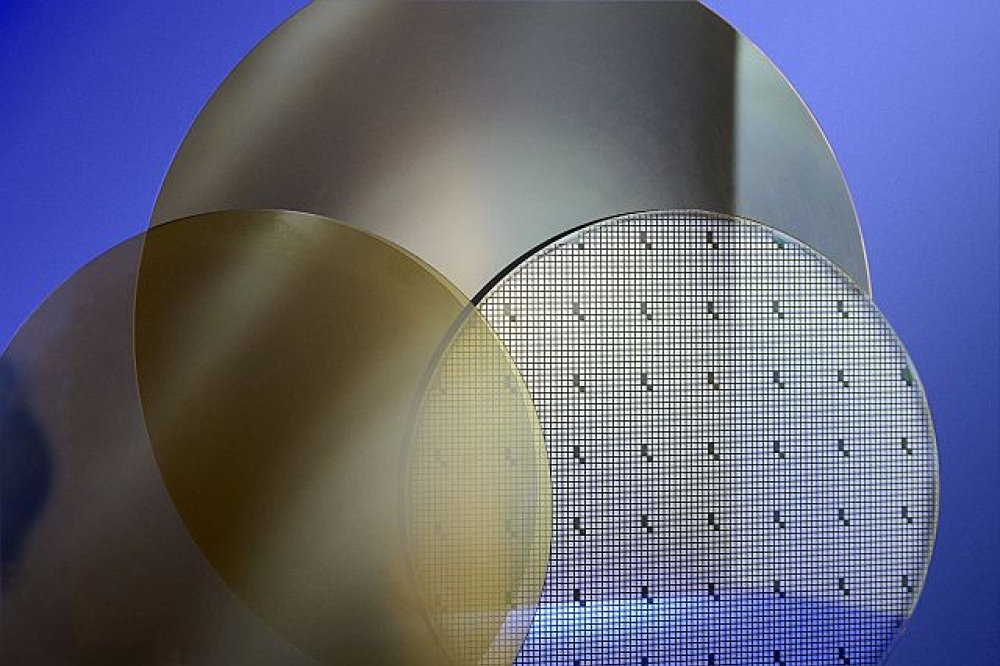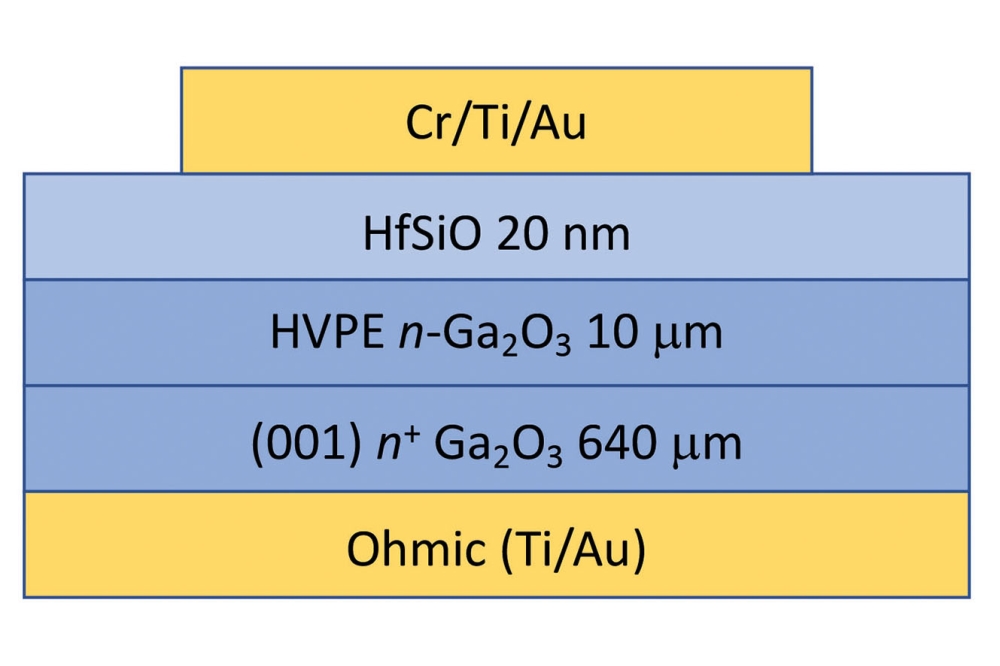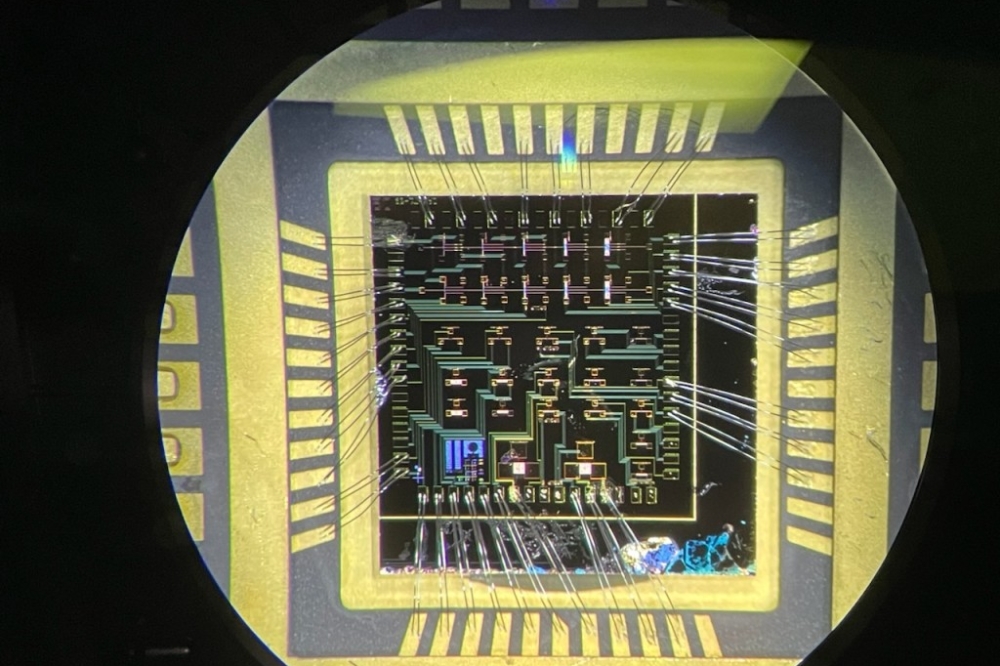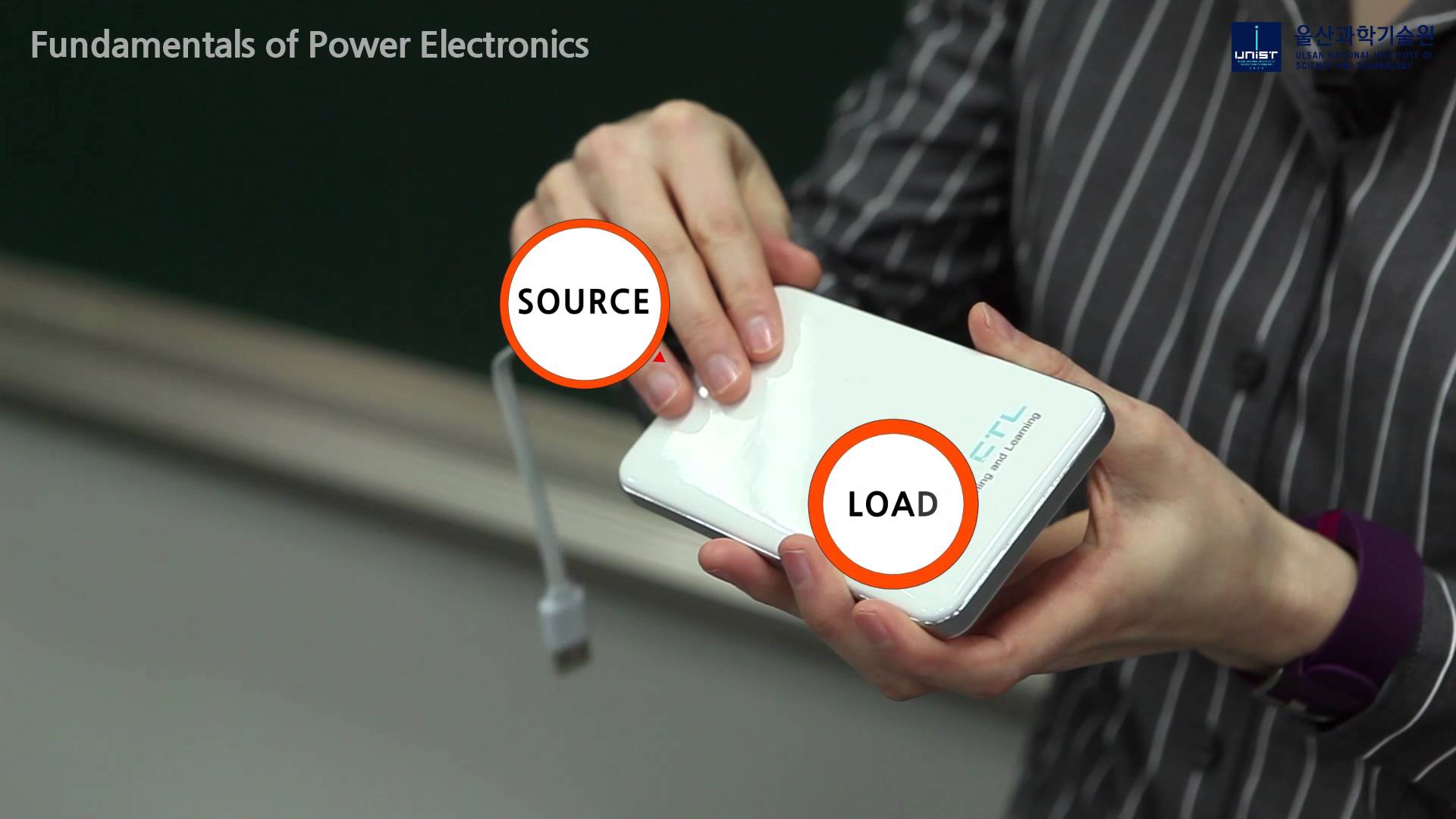$2.8M award to develop novel grid module

University of Tennessee tech wins DOE grant to help modernise the US power grid
The University of Tennessee (UT) has been awarded a $2.8 milliongrant from the Advanced Research Projects Agency-Energy (ARPA-E) of the US Department of Energy (DOE) to help modernise the US power grid using a novel power switch.
This grant is part of $42 million ARPA-E is distributing for 15 projects across 11 states to improve the reliability, resiliency, and flexibility of the domestic power grid through the development of next-generation semiconductor technologies.
UT's grant will go towards developing scalable, light-triggered semiconductor switch modules with integrated optical sensing for the protection of the grid and aviation power systems. The aim is to produce a 25kV switch module capable of switching off 2.5 kA current.
Called the UNIVERSAL (Ultrafast, Noise-Immune, Versatile, Efficient, Reliable, Scalable, and Accurate Light-controlled) Switch module, the device relies on sub-modules featuring lower-voltage and lower-current SiC semiconductor devices.
Light is used instead of electrical signals to minimise the electromagnetic interference and to simplify electrical isolation and insulation design. The light control should also be extremely fast and accurate, making the modules easy to be used in series and in parallel to achieve higher desired voltage and current for different applications.
Fred Wang, principal investigator at UT said: “Future electric grid will be dominated by power electronics interfaced energy sources like wind and solar and loads like EV chargers and data centres. The new grid will have much faster dynamics than today’s rotating machinery-based grid and will require much faster control and protection.
"Our proposed UNIVERSAL Switch module can interrupt a fault current in micro-second range, several orders of magnitude faster than the mechanical switch used today. It is also designed to have comparable efficiency and lifetime with the mechanical switches and can definitely help to enable the future power electronics dominated grid. The same technology can also be applied to future aircraft with electrified propulsion, which requires fast, efficient, and light-weight protection devices. DOE recognized the need for this kind of technology and that is why they fund this project.”
UT is working in collaboration with seven partners on this project, including long-time CURENT Industry Consortium members Dominion Energy and Boeing. Utility company, Dominion Energy will provide guidance on grid application design, while Boeing will provide guidance on aviation application design. Eaton, an electrical equipment manufacturer, will provide support on the UNIVERSAL Switch module design and testing, while leading the technology-to-market activities.
This project also involves several academic partners, with Clemson University focusing on optical sensing, Rensselaer Polytechnic Institute (RPI) on optical controller, Drexel University on wireless power control and sensing, and the University of Houston on application use case study. UT will be responsible for overall switch module design, integration, build and testing.




